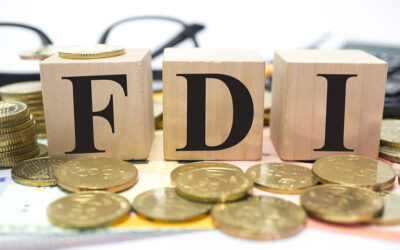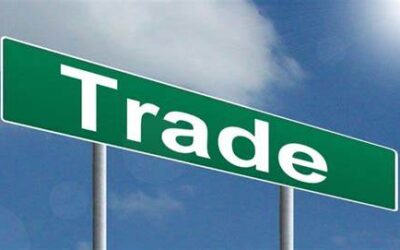Nieuws en Hulpbronnen
Germany vs. India: A Comparative Analysis of Foreign Investment Destinations
In the dynamic landscape of global economics, Germany and India stand out as two compelling destinations for foreign direct investment (FDI). Each offers distinct advantages rooted in geography, infrastructure, innovation, and policy frameworks. This article compares...
Germany vs. UK: Which Country Offers the Better Environment for Foreign Investment?
In a time of global uncertainty and shifting economic priorities, choosing the right location for foreign direct investment (FDI) is a strategic decision. Two European giants—Germany and the United Kingdom—stand out as leading destinations. Each offers distinct...
Germany vs. France: A Comparative Analysis of Foreign Investment Attractiveness
In the competitive landscape of international investment, Germany and France stand out as two of Europe’s economic powerhouses. Both countries offer distinct advantages for foreign investors, ranging from strategic geographic positions to robust innovation ecosystems....
Foreign Investment in Europe: A Comparative Outlook on Germany and Italy
Foreign investors looking to establish or expand their presence in Europe often find themselves choosing between two major economic players: Germany and Italy. Both countries offer unique advantages rooted in their geography, economic structures, innovation...
Switzerland vs. the Netherlands: A Comparative Look at Foreign Investment Opportunities
When considering foreign investment destinations in Europe, both Switzerland and the Netherlands emerge as standout options. Each country offers a unique combination of economic strengths, infrastructure, innovation ecosystems, and investor-friendly policies. But how...
ECB Cuts Rates Again Amid Rising US-EU Trade Tensions
The European Central Bank (ECB) has announced a quarter-point reduction in its three key interest rates, marking its third rate cut this year as the eurozone contends with weakening economic momentum and escalating trade tensions with the United States. The deposit...






